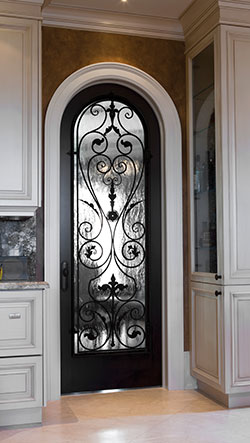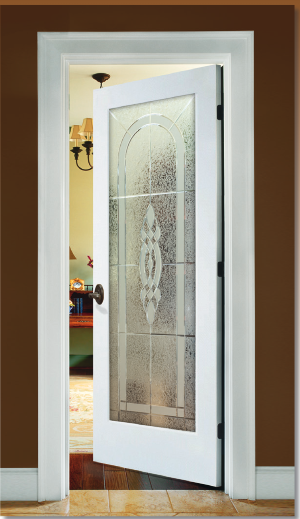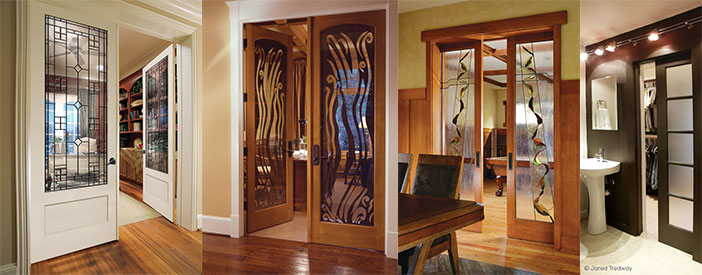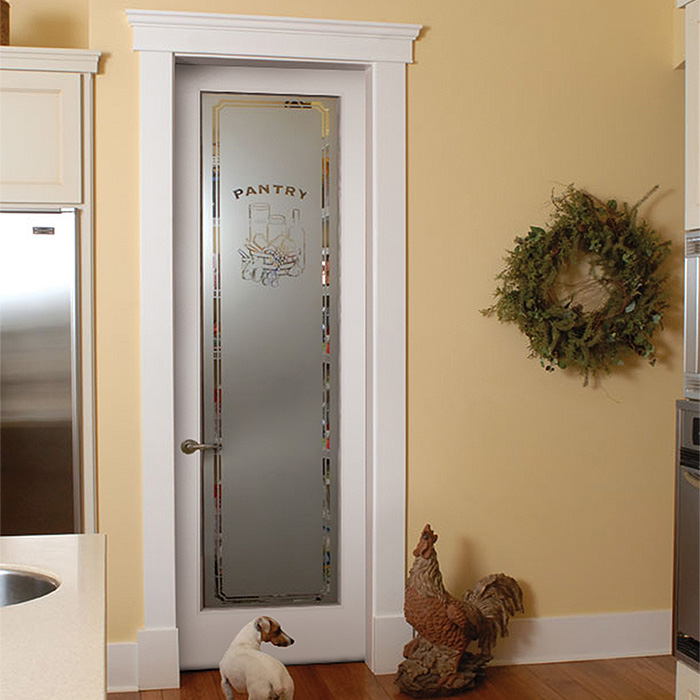Decorative interior doors are more than just functional elements in your home; they are statements of style and personality. In my personal experience, choosing the right decorative door transformed the ambiance of my home, making it feel more cohesive and inviting. In this article, we will explore various aspects of decorative interior doors, including their types, benefits, installation tips, maintenance, and how to choose the perfect one for your space. Let’s dive in!
Understanding Decorative Interior Doors
Decorative interior doors serve multiple purposes. Not only do they separate spaces, but they also enhance the aesthetic appeal of your rooms. These doors come in various materials, designs, and styles, allowing you to choose one that aligns with your personal taste and the overall theme of your home.
Types of Decorative Interior Doors
There are several types of decorative interior doors available. Here are some popular options:

- Panel Doors: Classic and versatile, panel doors feature raised or recessed panels for a timeless look.
- French Doors: These double doors provide an elegant transition between spaces and often come with glass panels.
- Sliding Barn Doors: Perfect for rustic or modern aesthetics, sliding barn doors save space and add character.
- Bi-fold Doors: Ideal for closets or separating rooms, bi-fold doors fold back to save space.
- Flush Doors: Simple and sleek, flush doors have a flat surface and can blend seamlessly with any decor.
Material Choices for Decorative Interior Doors

The material you choose for your decorative interior door can significantly impact its look and performance. Here are some common materials:
- Wood: Offers natural beauty and variety. Solid wood doors are sturdy and offer good insulation.
- Medium Density Fiberboard (MDF): A cost-effective alternative to solid wood, MDF is smooth and can be easily painted.
- Glass: Perfect for modern designs, glass doors allow natural light while providing a sleek look.
- Metal: Durable and often used in commercial settings, metal doors can also work in modern homes.

Benefits of Choosing Decorative Interior Doors
Decorative interior doors offer several advantages that can enhance your home environment:

1. Aesthetic Appeal
The right decorative door can enhance the overall aesthetic of your room. Whether you prefer a modern, minimalist style or something more traditional, there’s a door that will fit perfectly.
2. Increased Property Value
Quality doors can elevate the value of your property. Prospective buyers often appreciate the extra touch of stylish interior doors.

3. Improved Privacy and Noise Reduction
Decorative doors can help provide better privacy and block noise between rooms, creating a more peaceful living environment.
4. Space Efficiency
Sliding or bi-fold doors can be used in tight spaces where traditional swing doors may not fit, maximizing your available space.

5. Customization Options
Many manufacturers offer customizable options, from colors to textures, allowing you to create a unique look suited to your tastes.
How to Choose the Right Decorative Interior Door

Choosing the perfect decorative interior door can be overwhelming given the options available. Here are some tips to guide you:
1. Consider Your Home Style
Your door should complement your home’s overall decor. For traditional homes, classic panel doors may be ideal, while modern homes may benefit from sleek sliding doors.
2. Think About Functionality
Consider how often the door will be used and the level of privacy you require. For high-traffic areas, durability should be prioritized.
3. Measure Your Space
Always take accurate measurements of your door frame to ensure a perfect fit. Don’t forget to consider the swing direction of the door.
4. Set a Budget
Decorative doors come in a range of prices. Setting a budget beforehand can help narrow your options without overspending.
Installation Process for Decorative Interior Doors
Installing a decorative interior door can be a DIY project or handled by professionals. Here’s a general overview of the installation process:
Tools You’ll Need
- Measuring tape
- Level
- Screwdriver
- Hinges
- Drill
Step-by-Step Installation Guide
- Remove the Old Door: Unscrew the hinges and carefully take the door off the frame.
- Prepare the Frame: Ensure that the door frame is clean and level.
- Attach Hinges: Secure the hinges to the new door and then to the frame.
- Install Door Hardware: Attach the doorknob and lock as per the manufacturer’s instructions.
- Check for Level and Alignment: Use a level to ensure that the door swings correctly.
Maintenance Tips for Decorative Interior Doors
To keep your decorative interior doors looking their best, regular maintenance is essential.
Cleaning Your Doors
Dust and clean your doors regularly with a soft cloth. For wood doors, use a wood cleaner or a mixture of vinegar and water.
Inspect for Damage
Periodically check for scratches, dents, or other damage. Addressing these issues promptly can prevent further deterioration.
Repainting or Staining
If your door begins to look worn, consider repainting or restaining it to refresh its appearance.
Comparison Table: Types of Decorative Interior Doors
| Type of Door | Material | Pros | Cons |
|---|---|---|---|
| Panel Doors | Wood, MDF | Timeless design, versatile | Can be expensive |
| French Doors | Wood, Glass | Elegant, enhances light | Requires more space |
| Sliding Barn Doors | Wood, Metal | Space-saving, unique style | May not provide soundproofing |
| Bi-fold Doors | Wood, MDF | Great for closets, space-efficient | Can be less durable |
| Flush Doors | Wood, Metal | Sleek and modern | Lacks character |
Pros and Cons of Decorative Interior Doors
Pros
- Enhance the beauty of your home
- Increase property value
- Available in various styles and materials
- Can improve privacy and noise reduction
Cons
- Initial investment can be high
- Regular maintenance may be required
- Some styles require more space
FAQs About Decorative Interior Doors
What are the best materials for decorative interior doors?
The best materials for decorative interior doors are typically wood, MDF, and glass, as they provide a good balance between aesthetics and durability.
Can I install decorative interior doors myself?
Yes, many homeowners choose to install decorative interior doors themselves, especially if they are comfortable with basic tools and following instructions.
How can I maintain my decorative interior doors?
Regular cleaning, inspecting for damage, and repainting or restaining when needed can help maintain your decorative interior doors.
Do decorative interior doors improve home value?
Yes, high-quality decorative interior doors can enhance your home’s value by adding to its overall aesthetic appeal.
Are sliding barn doors practical for all homes?
Sliding barn doors are practical in modern or rustic homes, but may not work as well in traditional or small spaces requiring privacy.
Conclusion
Decorative interior doors are a fantastic way to elevate your home’s style and functionality. With various types, materials, and customization options available, there’s a perfect door waiting for your space. By considering your home’s style, measuring carefully, and following best installation practices, you can transform your living environment into something truly special. Remember, choosing the right decorative door is not just about aesthetics; it’s about creating an inviting and functional atmosphere for you and your family.
Ready to make a change? Start exploring your options today!